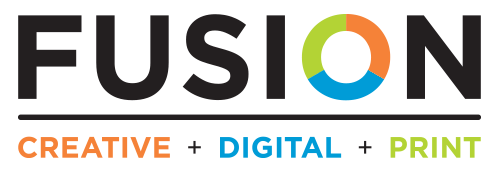When properly designed, great packaging protects the product, grabs the shopper’s attention, and becomes your in-store salesperson. Common oversights, however, can cause this opportunity to fall flat. How can you avoid common packaging pitfalls and maximize your on-shelf opportunities?
1. Ensure structural integrity. Failing to consider the carton's durability and strength requirements can lead to structural collapse, inadequate protection of the product, and compromised user experience. Don’t overlook this critical element. Conduct thorough assessments of the product's weight, dimensions, and fragility, ensuring that the structure provides optimal protection and functionality throughout the product's lifecycle.
2. Don’t over-complicate design elements: Another common oversight is the tendency to overcomplicate design elements, resulting in cluttered or confusing designs. Complex graphics, excessive text, and abundant visual elements can overwhelm consumers and dilute the brand message. Instead, prioritize clean and concise designs that convey the product attributes with clarity and elegance.
3. Ensure brand consistency. Inconsistencies in color schemes, typography, and visual branding elements (colors, fonts, imagery) can lead to a disconnect between the packaging and the overall brand identity, weakening brand recognition and consumer trust. Before designing any packaging, clearly understand your brand’s established visual identity (if you aren’t sure what your visual identity is, let us help you establish one!) and ensure that all of your design elements align.
4. Consider the user experience. Product packaging may be beautiful, but if the user needs help opening or removing the product, the experience flops. Ensure that your designs include user-friendly features, such as easy opening and closing mechanisms, clear instructions on the outside of the package, and intuitive product placement within the package itself. Conduct comprehensive user testing and incorporate consumer feedback to optimize the user experience and create packaging solutions that delight rather than frustrate.
5. Incorporate sustainable practices. Today’s consumers want brands to be kind to the planet. Neglecting to incorporate eco-friendly materials, recyclable components, or sustainable production processes can diminish the brand's reputation in customers' eyes. Prioritize eco-friendly and recyclable materials and integrate sustainable production methods to demonstrate a genuine dedication to the environment and resonate with conscientious consumers.
These may be common design pitfalls, but they are avoidable! With a little extra effort, you can elevate the quality and protection of your folding carton packaging and foster consumer engagement, brand loyalty, and sustainable brand growth at the same time.




